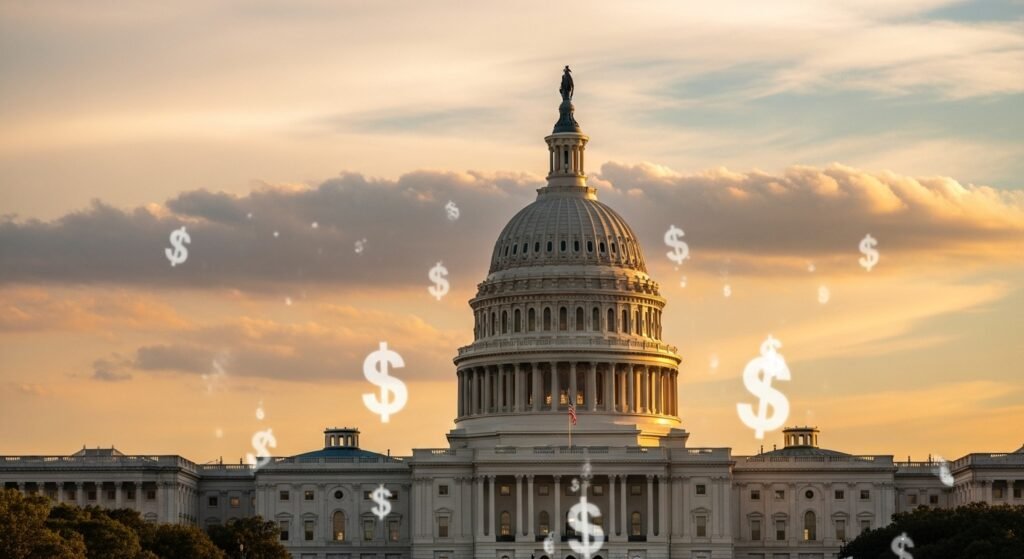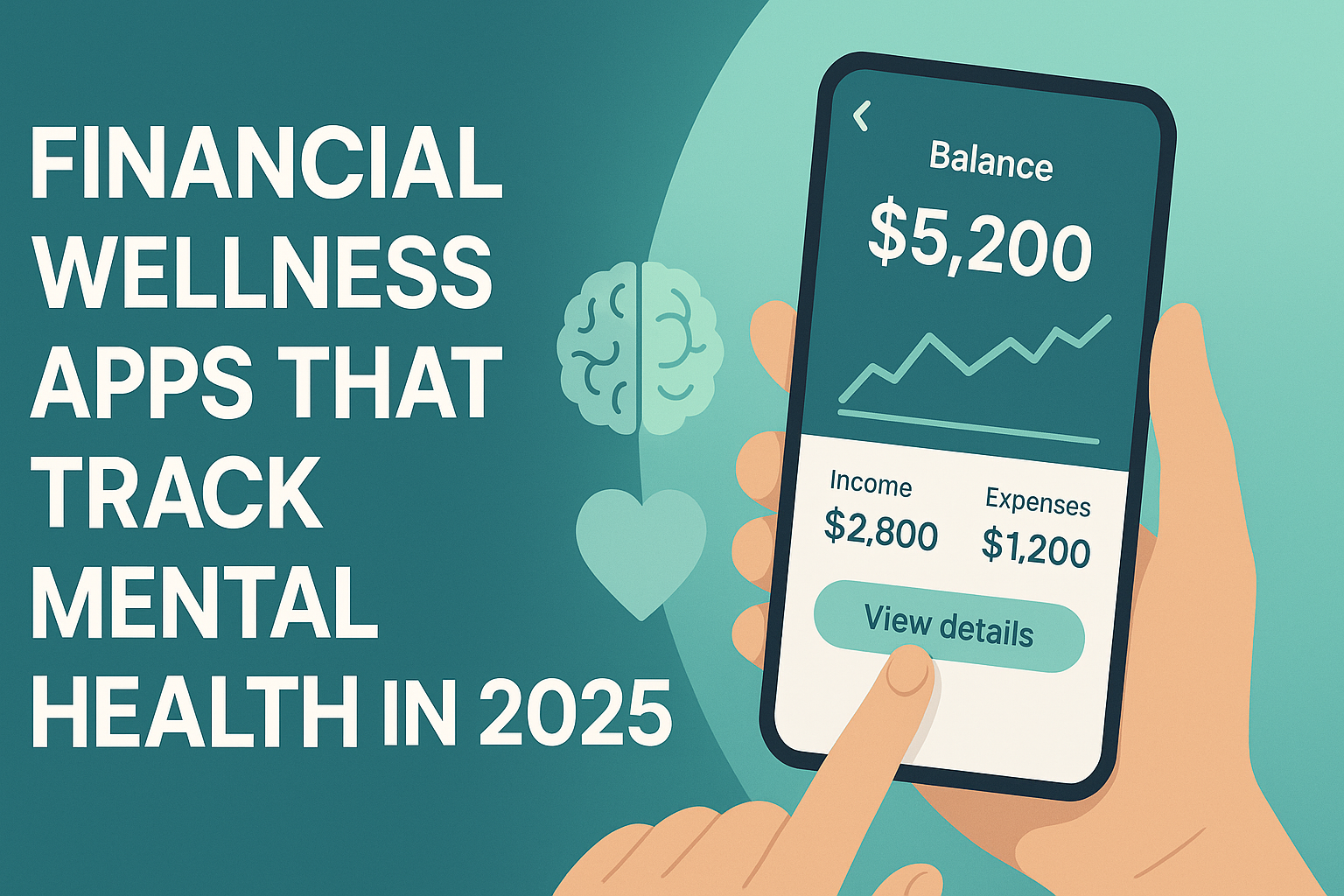A pivotal week for U.S. digital finance signals institutional validation of stablecoins — and Wall Street is responding fast.
The U.S. cryptocurrency landscape just took a seismic leap forward. In a landmark decision, the U.S. Senate passed the GENIUS Act — a bill designed to create a federal framework for dollar-backed stablecoins. While the legislation still awaits final approval from the House and the President, its passage in the Senate has already unleashed a wave of investor enthusiasm, dramatically reshaping market sentiment across digital finance.
From Circle’s skyrocketing valuation to Coinbase’s rapid price gains and Trump’s vocal political support, this moment marks a new phase of legitimacy for crypto in the United States — and potentially beyond.
Background & Context: What the GENIUS Act Actually Does
At its core, the GENIUS Act provides a regulatory foundation for U.S.-dollar stablecoins — digital tokens pegged to the dollar, designed to maintain price stability and serve as a bridge between crypto and traditional finance.
Here’s why this is such a big deal:
- Consumer Confidence: Regulatory clarity is the missing ingredient in mass crypto adoption. This bill introduces required full reserve backing, monthly audits, and anti-money laundering compliance — critical steps to build trust.
- Payment Innovation: By setting legal standards, the bill enables easier integration of stablecoins into banks, fintechs, and retailers — potentially revolutionizing everything from remittances to B2B payments.
- National Competitiveness: With China already piloting a digital yuan, this legislation positions the U.S. to lead the next era of global finance through private-sector innovation in stable assets.
Deep-Dive Analysis
Impact on Investors: Circle and Coinbase Take the Lead
The market wasted no time rewarding companies best positioned to capitalize on this new legal clarity.
Circle, issuer of USD Coin (USDC), saw its private valuation spike dramatically — with investors pricing in rapid expansion potential across merchant payments, DeFi, and institutional settlement. Since its June IPO, Circle’s stock is up 800%, and it gained 80% just this past week following the Senate vote.
Coinbase Global (NASDAQ: COIN), which earns 50% of net profits from its USDC partnership with Circle, surged 27% over the same period. As Coinbase also recently launched Coinbase Payments, allowing Shopify merchants to accept USDC payments, it’s clear that the exchange is positioning itself as a gateway to stablecoin-powered commerce.
Smaller players joined the rally, too. SRM Entertainment, a Florida-based company with little prior crypto exposure, jumped 661% after announcing a partnership with Tron. This signals how even distant ties to digital assets can spark speculative waves in today’s environment.
Political Firepower: Trump’s Crypto Embrace
The GENIUS Act passed with unmistakable support from Donald Trump, who praised the bill on Truth Social and reiterated his vision for U.S. leadership in blockchain finance.
- Trump’s family has launched its own digital token projects.
- Financial disclosures show holdings in World Liberty Financial, a DeFi platform generating token-based revenue.
- Several Republican-aligned PACs are reportedly exploring stablecoin-based fundraising rails ahead of 2026.
While the bill itself is bipartisan, Trump’s full-throated support may shape broader public opinion — and bring digital assets even further into the mainstream conservative economic platform.

Implications for Financial Markets and Global Leadership
This bill doesn’t just impact traders — it has real implications for how money moves across borders.
- Cross-Border Settlements: Stablecoins can dramatically reduce the cost and time of international transactions, challenging SWIFT and other legacy systems.
- Emerging Market Access: Dollar-backed stablecoins offer a digital lifeline to populations dealing with inflation or capital controls.
- Global Power Play: U.S. regulatory leadership could set international standards, especially if major stablecoin issuers dominate global remittance and trade flows.
Yet, challenges remain. Regulatory clarity is only the first step. Widespread adoption will depend on consumer education, security infrastructure, and interoperability across banking systems.
Actionable Takeaways & Key Insights
The GENIUS Act marks a turning point — and it brings actionable insights for both retail and institutional investors:
- Reevaluate your crypto exposure: Stablecoins are now a regulated asset class. That opens the door for more mainstream funds, ETFs, and 401(k) platforms to include them or related companies.
- Watch the stablecoin ecosystem: Companies that issue, process, or facilitate stablecoin payments — like Circle, Coinbase, Shopify, and even Visa — could see long-term tailwinds.
- Monitor DeFi integration: Platforms like World Liberty Financial suggest DeFi projects may benefit from stablecoin rails. Expect a new wave of DeFi 2.0 growth driven by institutional capital.
- Prepare for volatility: As with any new market, early enthusiasm can lead to speculative excess. Stay grounded in fundamentals.
- Diversify within crypto: Exposure to infrastructure providers and regulated players may offer a safer path than betting on pure memecoins or volatile layer-1 tokens.
Conclusion & Call to Action
The Senate’s passage of the GENIUS Act is more than just a headline — it’s a validation of stablecoins as part of the future of U.S. and global finance.
As regulation takes shape, investors, entrepreneurs, and policymakers must adapt — because the shift from speculative crypto trading to regulated digital money systems is already underway. Whether you’re investing in Coinbase, building on Circle APIs, or simply holding stablecoins, understanding this moment can help you stay ahead of the next financial evolution.
Stay tuned to The Evolving Post for more smart, actionable updates that impact your money and your future — because understanding the system is the first step to changing your financial story.
While this analysis is based on thorough research, it is for informational and educational purposes only and should not be considered financial advice.








